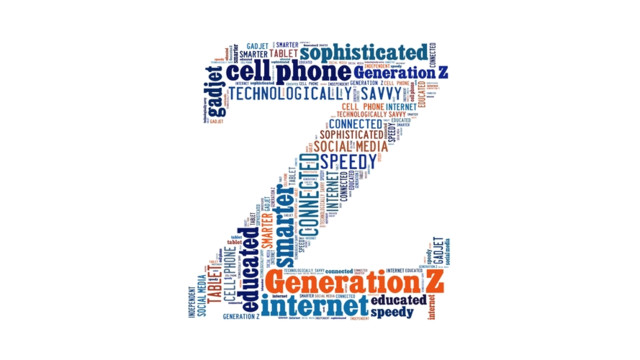Be Aware of Generation Z
 InclusiveDocs
InclusiveDocs
According to Forbes, the generation after Millennials, which they defined as people born from the mid-1990s to the early 2000s, made up 25% of the U.S. population in 2015, making them a larger cohort than the Baby Boomers or Millennials. These people are known as Generation Z (Gen Z, for short). They are a very important demographic because most of Generation Z have used the internet from a young age and they are generally comfortable with technology and with interacting on social media.
According to a 2017 survey by Cone Communications, 94% of Gen Z believe companies ought to address social and environmental issues (as compared to only 87% of Millennials, and only 86% of the general population).
MNI Targeted Media Inc. released a paper titled “Generation Z: Unique and Powerful” containing data that it compiled on Gen Z which will help marketers gain insight into their habits, interests and activities. Everyone in the digital media industry should pay attention.
Because of their numbers, Gen Z is and will be influential in ways we are just beginning to see. This generation makes sophisticated choices about identity, purpose, and values. They’ve spent their lives surrounded by digital content and they know how to filter anything that lacks the right tone, language, and relevancy. They are a generation driven by values, with 68 percent identifying that doing their part to make the world a better place is important to them, and this directly impacts their buying behavior. They are financially savvy—their formative years were dominated by the Great Recession—with 72 percent of persons surveyed agreeing that price is the most important factor when making a purchase, and 60 percent having a savings account, more than any other generation at this age (according to GenZGuru.com).
The MNI Generation Z study findings include these really interesting numbers:
By 2020 they will account for 40% of all consumers and will influence nearly $4 billion in discretionary spending.
These people are socially conscious and insist that the businesses that they patronize are too. Over 50% state that knowing a brand is socially conscious influences their purchase decisions.
Gen Z still relies on traditional sources of information, with 83% turning to newspapers for trusted information and content, and 34% turning to magazines. They access their information digitally for the most part, using streaming audio and video, social media and websites for more than 4 hours each per week, while using print magazines for only 1 hour per week.
The media that respondents use the most often without interruption are streaming video 55%, newspapers 44%, digital video 42%, and magazines 34%.
Almost half agree that advertising helps them to learn about new products and they appreciate relevant ads. They expect the ads that they see to be relevant to them.
Gen Z has a complicated relationship with technology. 47% intentionally put their phones away at least once a day. They stay connected and expect anything and everything to be available to them within seconds, but more than three-quarters feel that media can be overwhelming even while keeping them in touch with the world.
61% think their generation would benefit from unplugging more and that technology and social media can get in the way of interpersonal relationships.
Vicki Brakl, VP Marketing of MNI Targeted Media Inc. says that “Marketers who consistently provide value and relevancy in their messaging, and their corporate actions, will earn Gen Z’s respect and dollars.”
Food for thought.
Subscribe to my newsletter
Read articles from InclusiveDocs directly inside your inbox. Subscribe to the newsletter, and don't miss out.
Written by
